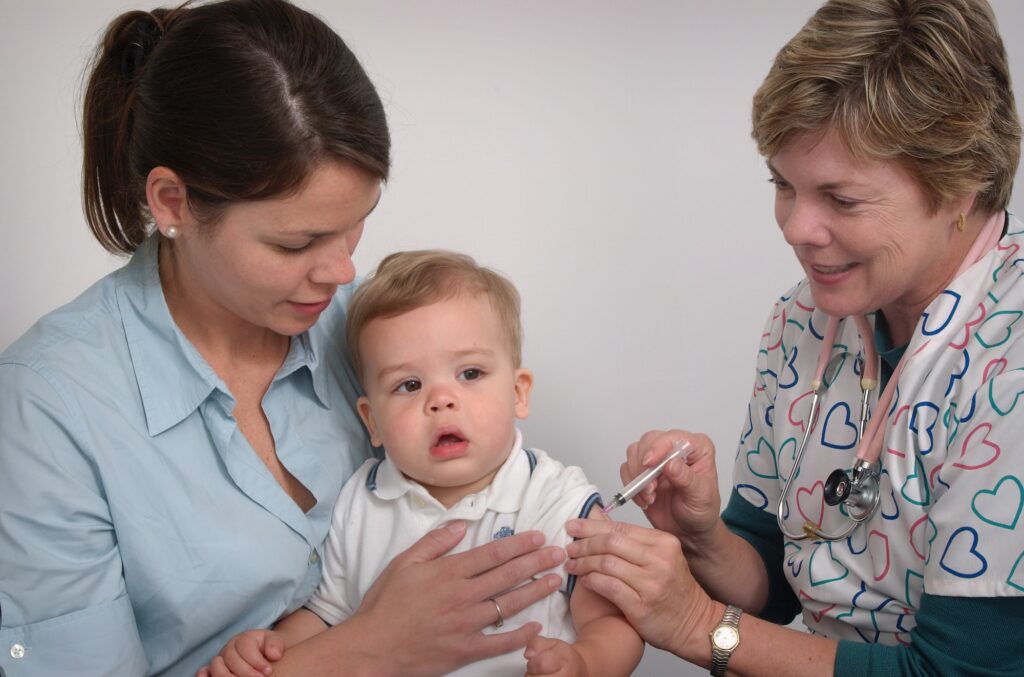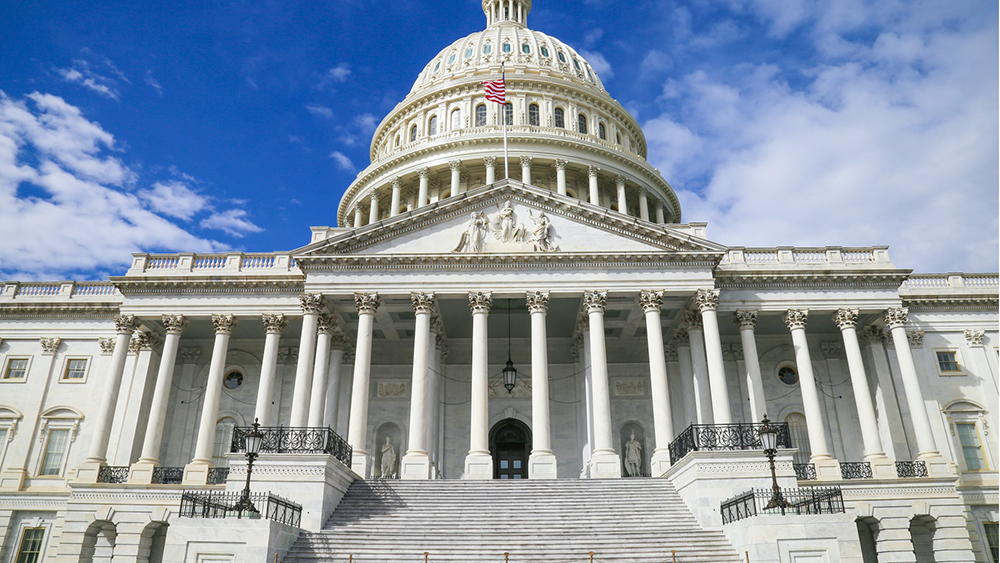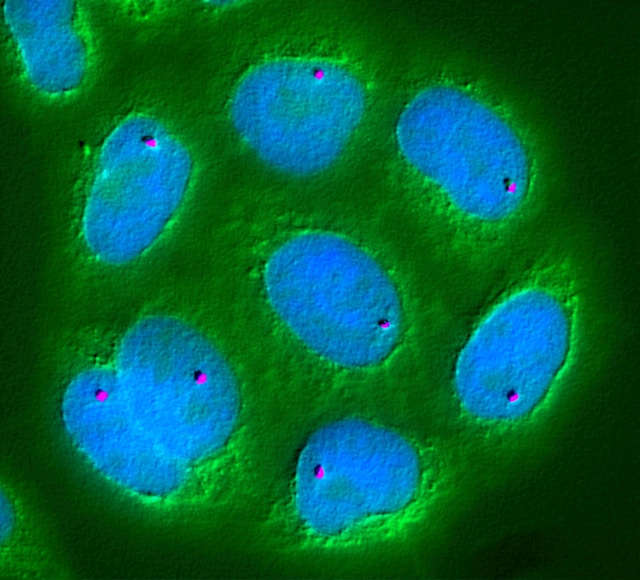2023 is shaping up to be the year of RSV—in a good way.
RSV (a.k.a. respiratory syncytial virus) has long been a challenge for vaccine developers, especially in pediatrics. But with the rapid jumps in technology and understanding, vaccine developers are now making big moves in developing shots that can help alleviate hospital and patient burden during yearly RSV outbreaks.
Pfizer, GSK, and Moderna are all racing toward the finish line to get RSV shots into patients’ arms—a welcome development after a tough RSV season.
And notably, the U.S. Food and Drug Administration (FDA) recently accepted an application for Nirsevimab, a pediatric RSV immunization co-developed by Sanofi and AstraZeneca, after successful Phase 3 clinical trials last year. Regulators in Europe and the UK have already approved Nirsevimab.
“Nirsevimab showed a 74.5% reduction in lower respiratory tract infections caused by RSV requiring medical care in healthy infants” and was “the first investigational immunization designed to protect all infants across the RSV season with a single dose,” according to a Sanofi press release.
Reversing the RSV challenge
Developing an RSV shot in the pediatric space has been a long struggle for vaccine developers.
“Since RSV was first identified, there’s been a lot of work that’s been done to try and develop vaccines,” explained Jon Heinrichs, Associate Vice President and Head of Innovation and Emerging Sciences at Sanofi, to Bio News. “But the one holdback that the industry has had is that there was a series of clinical studies that were done in the 60s, in which a formalin-inactivated virus was given to infants, and when those infants then went on to have RSV infections, it actually led to more severe disease and death in a couple of kids that were vaccinated.”
The industry was unequivocal in its step back from RSV vaccine development, not wanting to move forward until the understanding of the virus, technology, and development pipeline was safer. Eventually, over decades, key understandings about the crystalline and protein structure of the virus, coupled with the evolution of monoclonal antibody technology, allowed researchers to key into exactly how to attack and neutralize the virus.
And patients should soon see the fruits of that labor later this year.
Incorporating the RSV shot into the infant vaccine schedule is key
“RSV is the leading cause of hospitalization in infants,” Michael Greenberg, Vice President and Medical Head of Vaccines in North America at Sanofi, told us.
“As a pediatrician,” he said later, “I can tell you, every single parent wants to protect their kids. There’s nothing like the terrified look on the parent’s face when they’re worried that their child might die. That feeling, as a pediatrician, doesn’t go away.”
“I think the uptake is going to be very good,” Greenberg continued. “I think we have an opportunity to make a significant impact.”
“If we’re going to be able to have an intervention that’s going to be able to protect all infants in that first year of life, when they’re most vulnerable, then it is key for Nirsevimab to be slotted into the infant immunization schedule,” said Greenberg. “And the timing is important because as a monoclonal antibody, it offers relatively rapid protection. So, for infants who are born during the RSV season, they would ideally get a dose in the hospital before they left or within a few days after birth. Infants born before the RSV season would get a dose during one of their regular well-child visits, right at the start of the RSV season.”
Changing the RSV game
It’s an exciting time in the vaccine development space, and with the jumps in progress, the future of healthcare is now. “It’s important to remember,” said Heinrichs, “that this product can revolutionize pediatric care, and getting it out there and available to people in time for the RSV season is critical. And we’re very confident in the data that we have, and we’re certainly hoping to do all that we can to make this available.”
“I’m looking forward to seeing the impact,” he concluded.
“I’m really excited,” echoed Greenberg. “As a pediatrician, I’ve seen a lot of RSV. And in the past, there was just very little we could do for parents when their babies got sick. It was essentially limited to supportive care. The fact that we have the opportunity to revolutionize and potentially put these kinds of RSV seasons behind us, for me, is very exciting. We’re looking forward to that day.”




